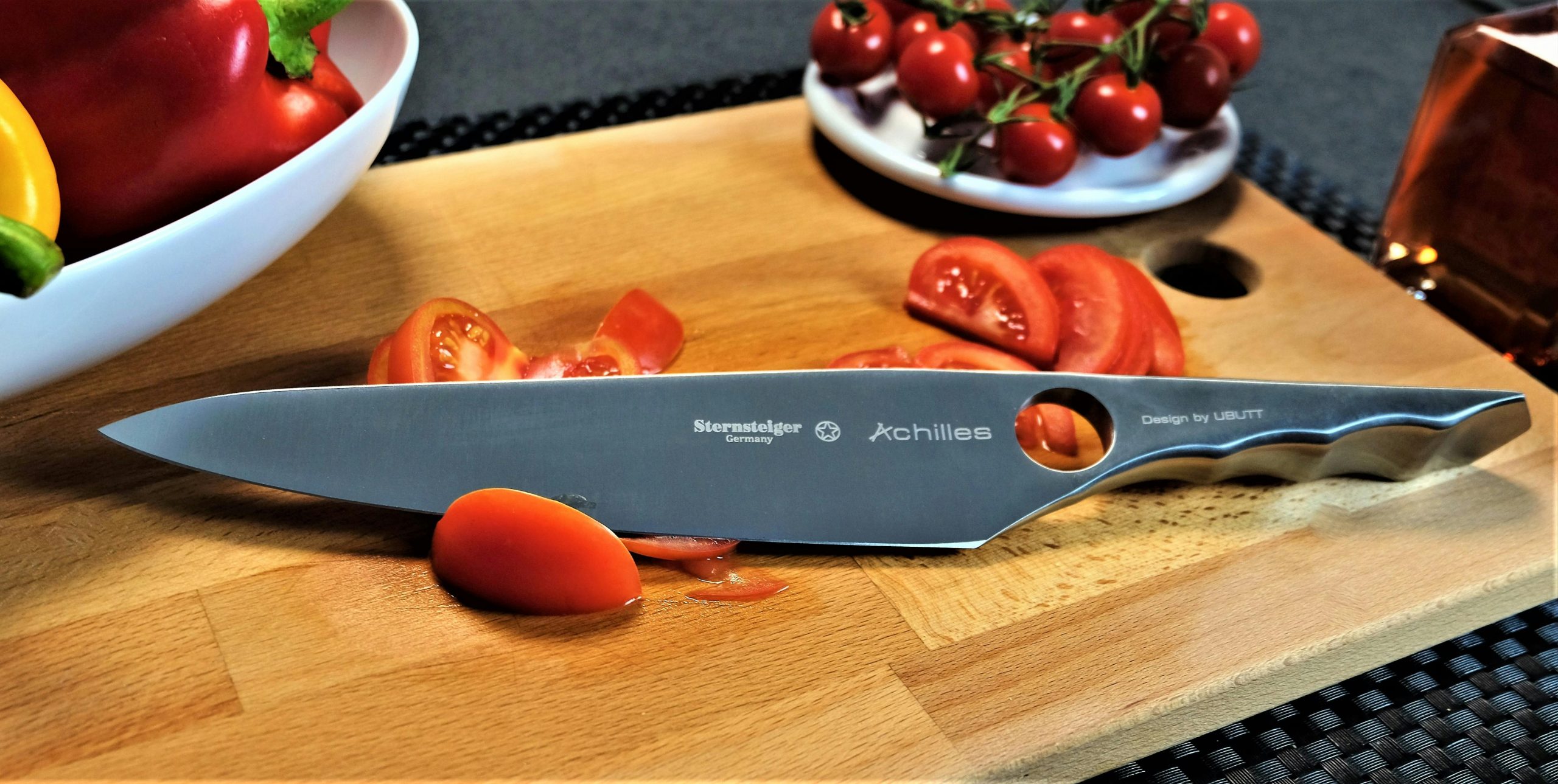What are the Best Practices for Maintaining Budget Kitchen Essentials?
When it comes to cooking, having the right tools can make all the difference. However, maintaining these kitchen essentials on a budget can be a challenge. In this article, we will explore the best practices for maintaining budget kitchen essentials, ensuring they last longer and perform better. By following these tips, you can maximize the value of your kitchen tools without breaking the bank.
Understanding Your Kitchen Essentials
Before diving into maintenance tips, it’s important to know what your kitchen essentials are. These usually include:
- Knives
- Cutting boards
- Cookware (pots and pans)
- Baking sheets
- Mixing bowls
- Measuring cups and spoons
- Utensils (spatulas, spoons, etc.)
Best Practices for Maintenance
1. Regular Cleaning
Keeping your kitchen essentials clean is the first step to maintaining them. Here are some tips:
- Immediate Cleaning: Clean your utensils and cookware immediately after use. This prevents food from drying and sticking, which can make cleaning more difficult.
- Use Appropriate Cleaners: Avoid harsh chemicals that can damage your kitchen tools. Instead, use mild dish soap and warm water for cleaning.
- Dry Thoroughly: After washing, make sure to dry your kitchen essentials properly to prevent rusting or mold growth.
2. Proper Storage
How you store your kitchen essentials can greatly affect their longevity:
- Knife Storage: Use a knife block or magnetic strip to store knives safely. Avoid tossing them in a drawer where they can get damaged.
- Stacking Cookware: When stacking pots and pans, place a cloth or paper towel between them to prevent scratches.
- Hang Utensils: Consider hanging utensils on hooks to keep them organized and easy to access.
3. Regular Inspections
Make it a habit to inspect your kitchen essentials regularly. This includes:
- Checking for Damage: Look for any signs of wear and tear, such as chips, cracks, or rust.
- Testing Functionality: Ensure that your tools, like measuring cups and spoons, are still accurate.
- Replacing When Necessary: If a tool is damaged beyond repair, it’s best to replace it to avoid potential hazards while cooking.
4. Utilizing Multi-Functional Tools
Investing in multi-functional kitchen tools can save both space and money. Here are some examples:
- Food Processor: A food processor can chop, slice, and blend, reducing the need for multiple tools.
- Measuring Cups with Different Sizes: Instead of having separate measuring cups for dry and liquid ingredients, look for sets that serve both purposes.
- Non-Stick Bakeware: This can be used for baking, roasting, and even as serving dishes.
5. Avoiding Overheating
Overheating your cookware can lead to warping and damage. To prevent this:
- Use Medium Heat: Always start with medium heat instead of high. This helps distribute heat evenly and protects your pans.
- Preheat Wisely: Preheat your oven only when necessary. Avoid preheating if you can add food directly into a cold oven.
- Monitor Cooking Times: Keep an eye on your cooking times to prevent burning or overheating.
6. Sharpening Knives
Keeping your knives sharp is essential for both safety and efficiency. Here’s how to do it:
- Use a Whetstone: A whetstone is a traditional way to sharpen knives. Just follow the manufacturer’s instructions for the best results.
- Honing Steel: Use a honing steel regularly to maintain the edge. This should be done before or after each use.
- Professional Sharpening: If your knives are very dull, consider a professional sharpening service.
7. Learning Basic Repairs
Sometimes, small issues can be fixed without replacing an item. Here are a few repairs you can learn:
- Fixing Handles: If a handle on a pot or pan is loose, tighten screws or use epoxy glue for a more permanent fix.
- Removing Rust: For minor rust on metal tools, use a mixture of baking soda and water to scrub away the rust.
- Repairing Scratches: Minor scratches on non-stick surfaces can often be repaired with a non-stick spray or oil.
Conclusion
Maintaining your budget kitchen essentials doesn’t have to be a daunting task. By following these best practices, you can ensure that your tools last longer, perform better, and continue to serve you well in the kitchen. Remember, a well-maintained kitchen not only saves you money but also enhances your cooking experience. So, put these tips into practice and enjoy a well-equipped kitchen for years to come!

Leave a Reply